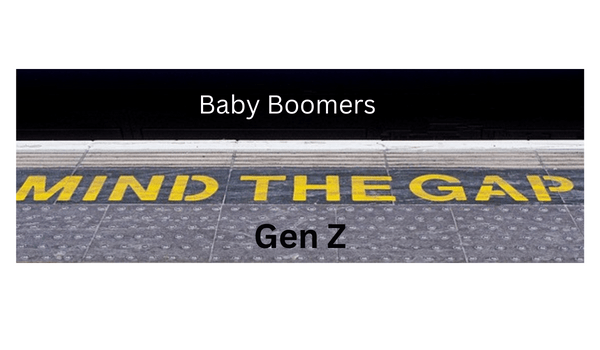When an employee quits, the expense incurred to replace that individual is about 30 per cent of the person’s salary says an American study. Clearly, losing employees proves to be costly for organisations. In order to attract and retain talent, employers need to know what their employees expect. This is easier said than done with three different generations in the workforce.
According to a study by BCW Change — the change specialist team of BCW, the global communications agency — the expectations of the employees differ from generation to generation.
While Baby Boomers admit that job security is what matters most to them, Gen Z seek a safe, comfortable workplace. For Baby Boomers, a competitive salary is the second most important factor in a job, with work culture coming in third. For GenZ, workplace culture is the second most important factor (after safety and comfort), followed by competitive salary.
Baby Boomers hold pay and benefits as more important than culture and leadership, with 49 per cent giving it the most importance after job security. GenZ hold culture and leadership above salary, with 45 per cent saying it is very important.
In general, one in two employees across the workforce seek job security at an established, financially stable company. They consider this the most critical factor. About 50 per cent say a safe and comfortable workplace environment is the second important factor. About 49 per cent rate a competitive salary along with paid leaves as most important. Organisational culture is now seen as a basic need and critical to employee engagement and retention.
According to the study, which covered 15 countries, including India, as employees near retirement age, the insurance and pension aspects of their remuneration and benefits become more important. About 46 per cent of the Baby Boomers rank life insurance and an adequate pension scheme at eighth position out of 62. Millennials and GenZ, on the other hand, rank life insurance as 27th and 34th out of 62, and pensions as 50th and 56th out of 62.
Ensuring that the basics are in place — in terms of a competitive base salary, job security and a safe, comfortable workplace — will increase employees’ likelihood to stay on by 18 per cent.
The employers /organisations that prioritise an inclusive culture can expect to see a further
increase in retention by 24 per cent.
Leaders today have whole new set of challenges to address. They are under pressure to create financially sustainable business models that take into account productivity, profitability and employee retention. An integrated employee experience is the need of the hour, for sure. However, to ensure that, the gap between the expectations of the employees and the leadership needs to be filled.
The survey covered five primary industries – consumer goods, hospitality, manufacturing, financial services & insurance, and healthcare & pharmaceuticals.
The countries that were part of the study were, Australia, Brazil, China, France, Germany, India, Italy, Japan, Mexico, Netherlands, Saudi Arabia, Spain, United Arab Emirates, UK and the US.



